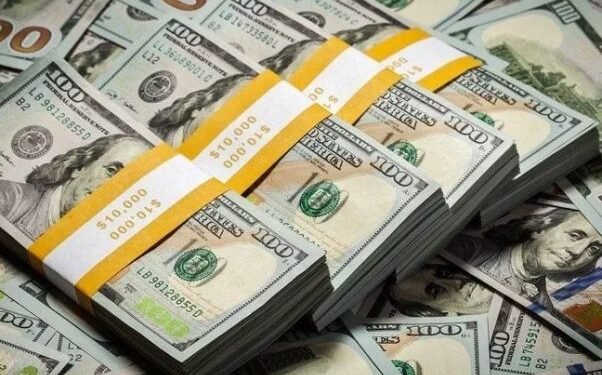Greenwich Merchant Bank): Capital importation fell noticeably in the third quarter, reeling from the impact of the COVID-19 pandemic and the deteriorating macroeconomic environment, as capital flows remained stuck in contraction. However, quarter-over-quarter flows improved by a slightly stronger pace of 12.86%, even while posting a year-on-year decline of 74.03%. Capital inflows, thereby, stood at USD1.46bn in the quarter.
Other Investments, particularly Loans, raked in the highest inflow to displace Foreign Portfolio Investments for the second time in a row with USD639.44m or 43.75%, which is 13.9% lower than the reading recorded in the previous quarter. This may be credited to foreign loans granted to some Nigerian subsidiaries in other to mitigate the impact of the COVID-19 blow.
Have you read?
- Investogist Business Saturday: An Introduction to Derivatives
- Global Economy: Eurozone’s Private Sector PMI Ends the Year on an Impressive Note
- NSE weekly report: Investors gain N1.025 Trillion in a perfect week
Trailing the inflow was Foreign Direct Investments, which garnered the strength to attain its highest since Q3:2018, primarily due to the equity sub-component. We attribute this to increased holdings of foreigners in domestic firms in the production sub-sector.
Meanwhile, FPIs continued to suffer, though the drag of the segment eased somewhat on a quarterly basis, with an advance of 5.69%. While we note the share’s component makes up a marginal share of 10.8%, owing to lower participation from foreign investors as the dominance of local investors in the stock market stands at 66.63%, according to the FPI report.
Money market investments were also significantly deterred by the FX restrictions and the low returns offered on the Open Market Operations (OMOs) instruments.
Taking a different turn of events, Production, Banking, and Shares gulped the largest chunk of the inflow, with a combined share of 73.06% or NGN1.06bn. This stood in stark contrast to the previous quarter, where Shares (+35.88%), Financing (+23.90%), and Banking (+10.82%) attracted significant capital inflows.
Based on the capital source, the United Kingdom led with 41% of total capital imported. Yet, by destination, Lagos State emerged the largest recipient of investments, accounting for a whopping 82.71% of total capital inflows or NGN1.20bn.
Capital inflows continued to perform poorly, a strong reflection of weaker confidence in the economy, as upside risks, like the high level of insecurity and political instability, hampers capital inflows.
This, together with the dearth of structural and market reforms, infrastructural gap, FX challenges, higher inflationary pressures further exacerbated by the ongoing pandemic, further raises barriers to foreign flows into the economy. As a result, investment is set to slow in the coming quarters.
In our opinion, the lower capital inflows underscore the need for broader reforms to shore up foreign investment; liberalization of capital-intensive industries; clarification on regulatory and tax issues; sustainable exchange rate policies; political stability; and ease of doing business.
While several policies are being re-visited to reduce Nigeria’s reliance on Foreign Portfolio Investments from developed markets proper positioning of the Nigerian economy should strengthen foreign inflows, particularly for Foreign Direct Investments. The longer-term capital flows – FDIs – will also minimize the volatility in the FX as well as accelerate economic growth and development.






















































